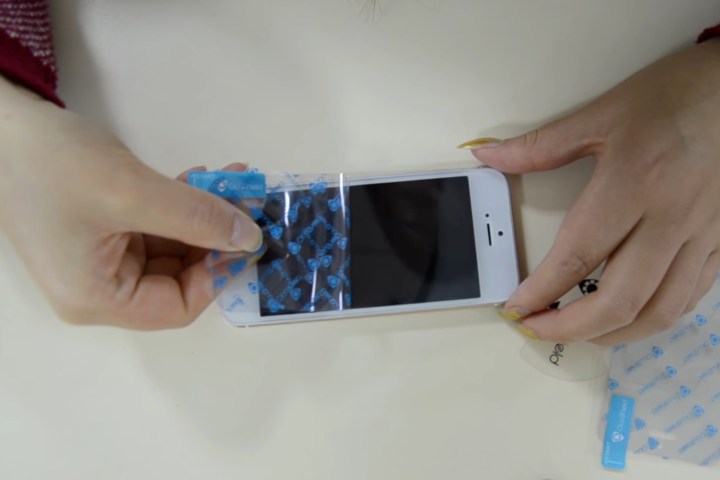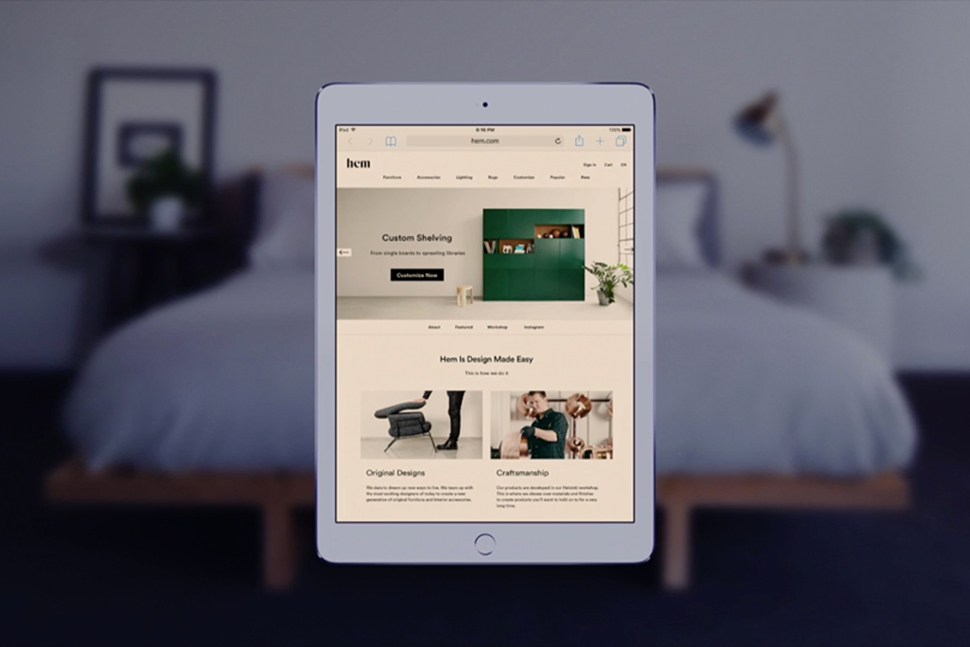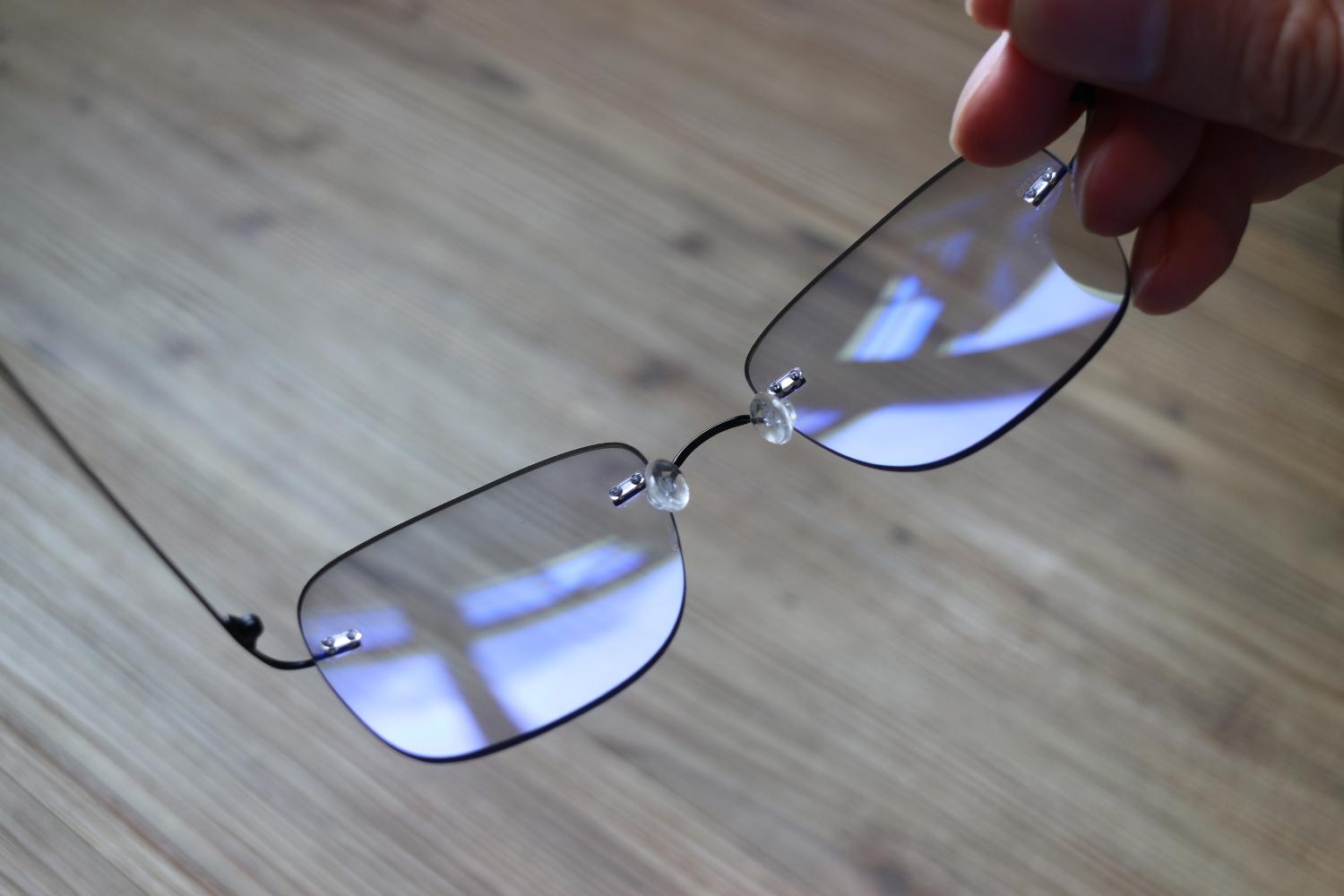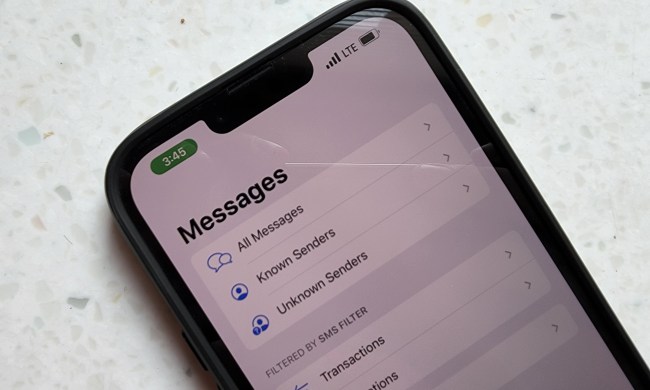
So what can you do to change this? Obviously not using your phone at night is out of the question. Thankfully, there’s a way to seriously cut down on the blue light that your eyes see while using your phone. It’s called Ocushield.
“We designed the product for users who want blue light protection, but also want images and videos to look unaltered.”
Ocushield was developed by Dhruvin Patel, an optometry student in London, and it boasts 95 percent transparency while cutting down on blue light by 30 percent. It’s available for the iPhone, iPad, select Samsung models, and even the MacBook. The thin film basically sticks to your screen like any other screen protector.
We know what you’re thinking. Didn’t Apple just release a new iOS feature that cuts down on blue light, called Night Shift? Why yes, it did. Ocushield claims its product is better for a number of reasons. Night Shift gives your screen an orange hue, making things like photos and videos look a little off. Ocushield, by comparison, leaves screen color unchanged. Not only that, but it doubles as a screen protector.
Night Shift basically cuts anywhere between 10 and 70 percent of blue light, and the higher you get, the more of an orange hue you see. Ocushield, however, cuts a consistent 30 percent. Not only that, but Ocushield also selectively cuts certain types of blue light, letting other types through so that the screen doesn’t appear to change as much as it would if Ocushield were to cut all blue light.
- 1. Night Shift
- 2. Gauss glasses
“We have designed the product for users who want blue light protection, but also want images and videos to look unaltered throughout the whole day. Due to the increasing amount of time we use digital devices and at the close proximity, we’re [compromising] our ocular health,” said Patel in an email to Digital Trends. “An Ocushield selectively filters out blue light wavelengths (between 400-460nm) so we can remove these bands while still allowing enough visible light through to [give] a clear overall image/color.”
Blue light doesn’t just prevent us from being able to get to sleep. It also can contribute to eye strain and fatigue, as well as suppress a hormone called melatonin, which tells our body when its time to get to sleep. Excessive exposure to blue light has been linked to higher rates of breast, ovarian, and prostate cancer. Although there’s not enough research to solidify the link between blue light exposure and cancer, the scientific community agrees that it’s bad for your eyes — especially at night.
In addition to screen protectors like Ocushield, there are also a number of glasses with special lenses and software like F.lux and Night Shift mode, which aim to limit our exposure to blue light.
If you’re interested in buying Ocushield for yourself, head to the Ocushield website, where it’s available for between $14 and $35, depending on the device you have.




